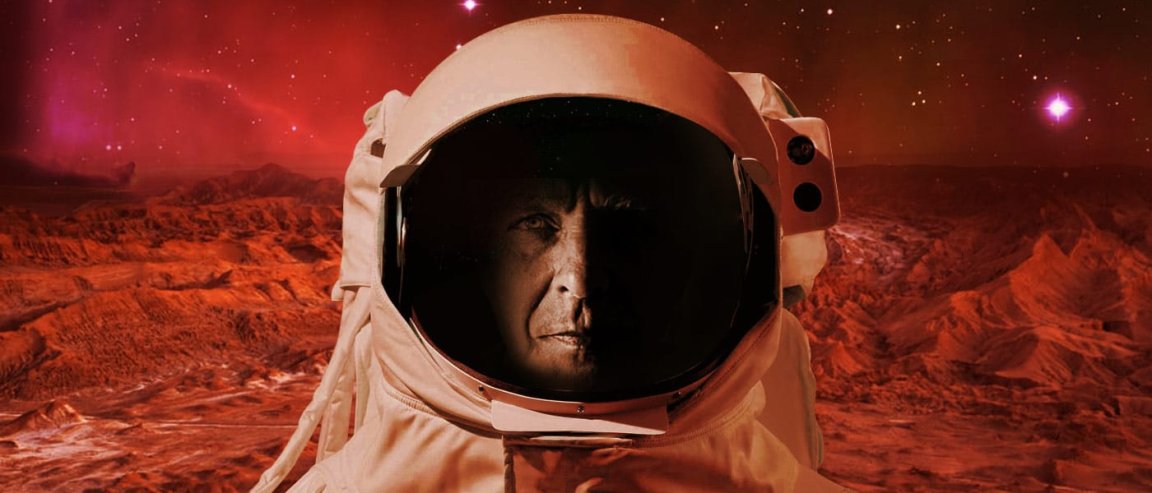
Space Twins
Heading into space is certainly a life-changing experience for each of the lucky astronauts who have had the privilege. But who could have thought that it actually changes you on a genetic level? Thanks to a pair of twin astronauts, NASA has been able to study the changes to the bodies of those who spend long periods of time in space to a degree that wouldn’t otherwise be possible.
To determine how space changes the human body, researchers collected a variety of biological samples from twins Mark and Scott Kelley while Scott was spending 340 days aboard the International Space Station and Mark was left on the ground. The twins were excellent subjects for this kind of research as not only do they have nearly identical genomes, they have also had similar life experiences since they’re even in the same line of work.
In evaluating the brothers’ data, the researchers noticed some striking differences in various biological markers, such as gut bacteria and even chromosomes. One of the more remarkable findings of the testing was that Scott’s telemores, the ends of his chromosomes, were longer, though they eventually returned to pre-mission lengths. Further research will be done on other astronauts to see if this is a common pattern. Also in the genetic realm, Scott’s DNA methylation levels decreased during his time in space, while Mark’s increased in the same period. Once again, Scott’s levels returned to their baseline levels once he was back on Earth, but researchers aren’t sure what such changes even mean.

DNA Changes
According to NASA, other studies of how the body fares in space have shown clear differences in spatial orientation, bone density loss at rates up to 12 times higher than those on Earth, loss of muscle strength, and cardiovascular deconditioning. In this study, however, researchers were able to compare genetic changes with samples from a control, providing a more complete picture of the effect.
There is still much analysis to do on the data being gathered, as well as from data that can be gathered from other astronauts. According to Christopher Mason of Weill Cornell Medicine, “The data are so fresh that some of them are still coming off the sequencing machines.” The results have yet to be peer-reviewed, and it could be a few years before they are, given the sheer volume of data.
As we get closer to being able to put a human on Mars, this work becomes more valuable. The trip to the Red Planet alone is a six-month journey. Therefore, crews would be spending at least a year in space. Knowing that our astronauts will be safe is of the utmost importance, and not only for Mars — we will likely be seeing more people in space, in general, especially with the coming of private space stations on the horizon. Knowing how space impacts our bodies is the first step in determining how we can mitigate any deleterious effects for our future adventurers.